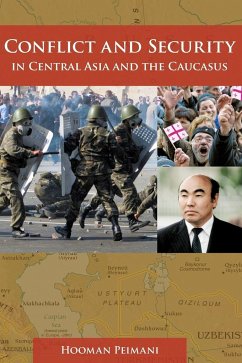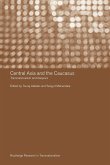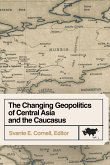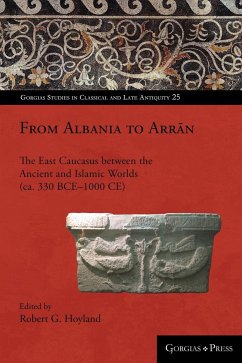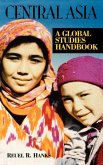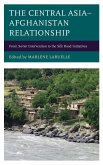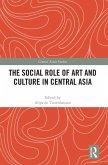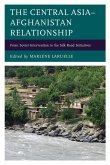This is the only book since the fall of the Soviet Union to analyze the security of the newly emerged independent states in the strategically vital region of Central Asia and the Caucasus. This insightful work maps out the possibilities and dangers that lie ahead for the nations of Central Asia and the Caucasus. The book analyzes the current security situation and clarifies its historical context, identifying the factors that have shaped the security of these young nations since their independence. It also examines the parameters-political, economic, ethnic, energy, and military-that will decide the security of the region in the future. The book's author tells the whole story behind the headlines when he discusses, for example, the real reason for the "wine war" of 2006, when Russia banned imports of Georgian wine for "health reasons," or when explaining the impact of the expanding American presence-both political and military-after September 11. Conflict and Security in Central Asia and the Caucasus is a primer for those who want to know more about this strategic region and essential reading for all students of world affairs.
Hinweis: Dieser Artikel kann nur an eine deutsche Lieferadresse ausgeliefert werden.
Hinweis: Dieser Artikel kann nur an eine deutsche Lieferadresse ausgeliefert werden.

